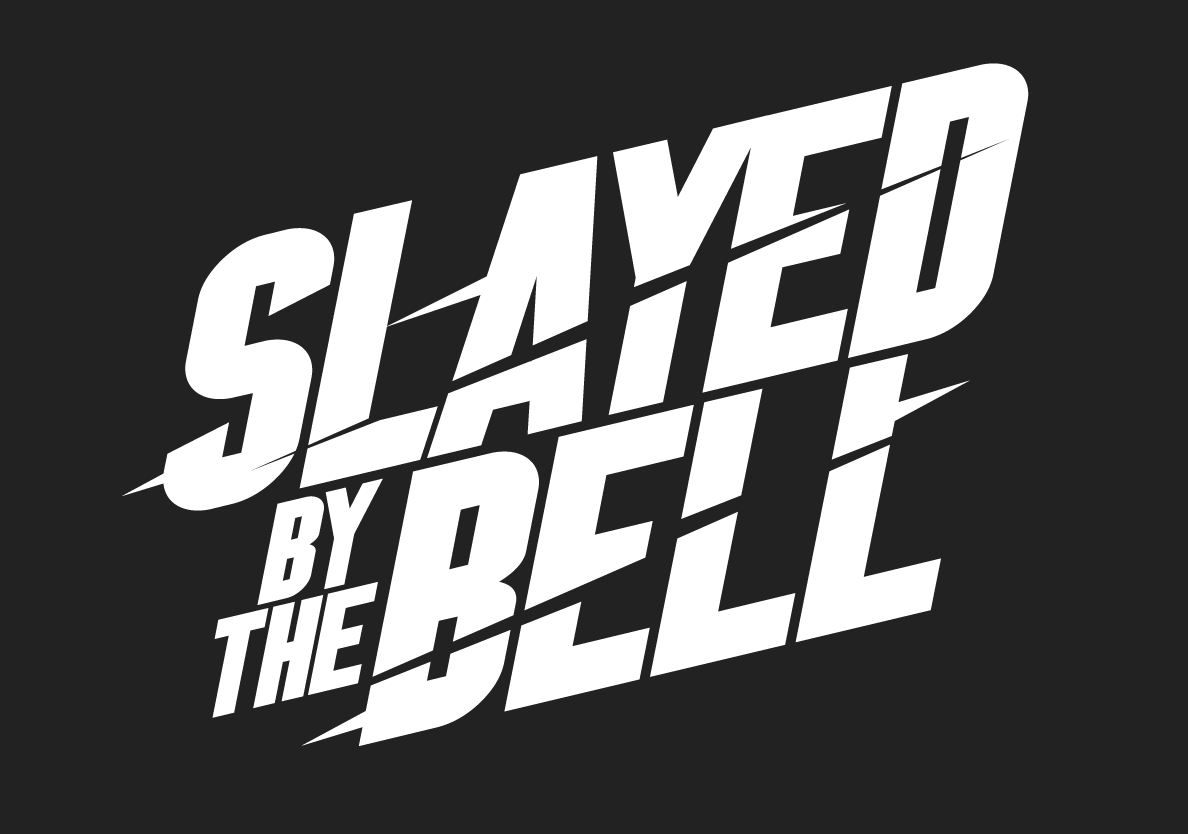Ever found yourself caught in the relentless whirlwind of stress, always striving for the elusive 100% output? Welcome to the world of “toxic resilience,” a concept coined by Dr. Aditi Nerurkar, a distinguished stress expert from Harvard. In this post, I’ll attempt to dissect the pervasive nature of toxic resilience within our education system, highlighting its impact on teachers and the starring role played by leadership.
The Struggle
In the realm of education, toxic resilience emerges as the main protagonist, overshadowing teachers, educators, and school leaders alike. Adopting insights from Dr. Nerurkar’s viewpoint, we witness an educational panorama that relentlessly extracts output from teachers, frequently dismissing the toll it exacts on their mental and physical well-being. The constant barrage of messages insisting on the need to do more and implying inadequacy only amplifies this challenge.
Understanding Chronic Stress: “The Modern Predicament”
Our body is inherently wired for stress resilience, designed to mobilise energy for the fight or flight response in the face of acute stress, like escaping a Velociraptor or sitting through a meeting led by “that” member of SLT (you know the one). However, modern conveniences have shifted the stress landscape. We’ve moved from acute stress to chronic stress—daily pressures like covering for a sick colleague, contacting that dick (so, so many) parent, coping with precious Finly Fuckface in yr 8, and SLTs latest ideas on bending over for Ofsted. While there are no more “Raptors” to face daily, the weight of constant pressure has become the new norm.
According to Dr. Aditi, a staggering 60% of people struggle to disconnect from work. Work addiction, now considered an atypical burnout signal, often goes unnoticed. The question arises: Is a lifestyle consumed by work addiction what we want for the next decade? (Also see The Lifestyle Choice)
“I meant no harm. I most truly did not. But I had to grow bigger. So bigger I got.”
Dr suess – the lorax
“Keep Calm and Carry On… But at What Cost?”
“Keep calm and carry on” – a mantra that epitomizes the modern hustle culture. Companies thrive on the philosophy of “Do More,” perpetuating a mindset that glorifies overworking. Dr. Aditi introduces the concept of Toxic Resilience, a culture that, in the pursuit of success, overemphasizes bouncing back from adversity at the cost of perpetual stress. It’s a culture that, unfortunately, infiltrates our education systems, undermining the well-being of the most valuable asset: our teachers.
While the term “resilience” is often celebrated, Toxic Resilience takes a toll on individuals, promoting overwork, glorifying stress, and sacrificing the holistic well-being of teachers. The time has come to acknowledge this disturbing trend and redefine the narrative around education.
“Yes, Niles, but if less is more just imagine how much more more would be.
dr frasier crane
Solutions
Breaking free from the grip of Toxic Resilience necessitates a fundamental shift in leadership mindset. This post, influenced by Dr. Nerurkar’s insights, advocates for mindfulness practices, the importance of breaks, and reshaping school policies to prioritise the well-being of teachers. It’s time to replace toxic resilience with an approach that fosters genuine resilience among educators, creating a healthier and more sustainable educational environment.
Conclusion
As we bring this exploration to a close, a clear focus on change resounds. Let’s redefine the narrative around education, with a specific lens on teachers. This post is a rallying cry – not for the incessant pushing of teachers to their limits but for fostering an environment where their growth, well-being, and authentic resilience take centre stage. Join the movement for change because our educators deserve a system that supports them in preparing students for life, free from the shackles of burnout.
The 5 Resets: Rewire Your Brain and Body for Less Stress and More Resilience
by Dr Aditi Nerurkar

